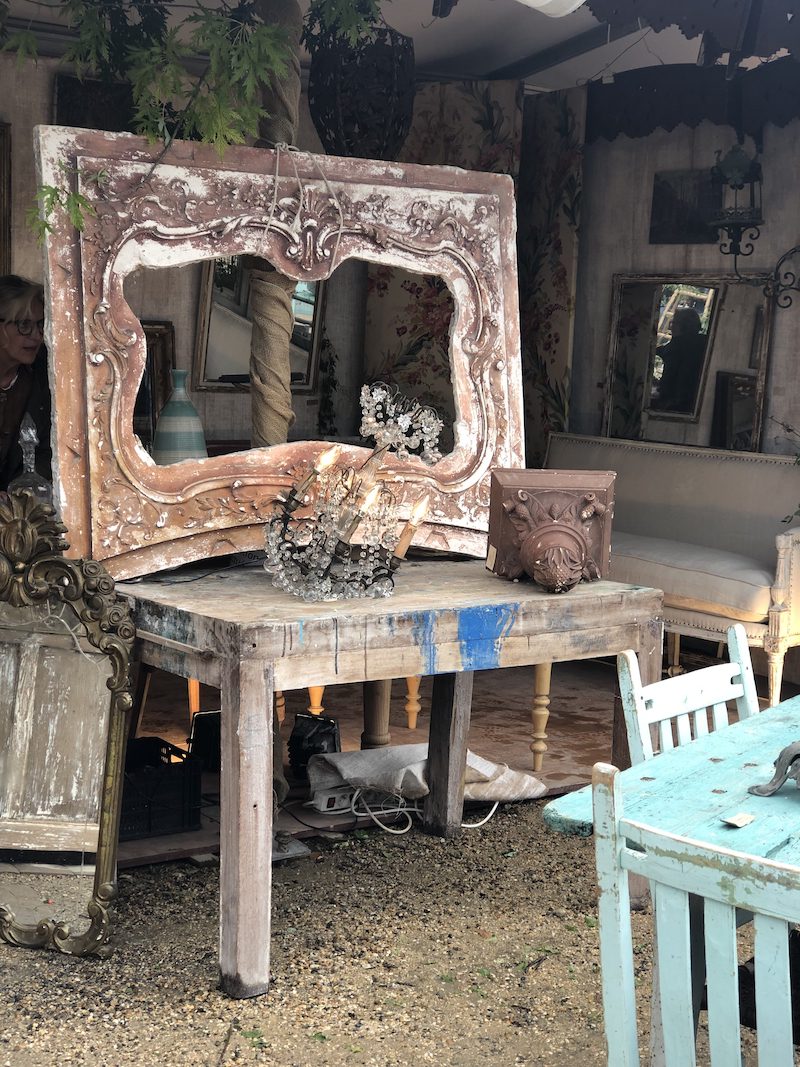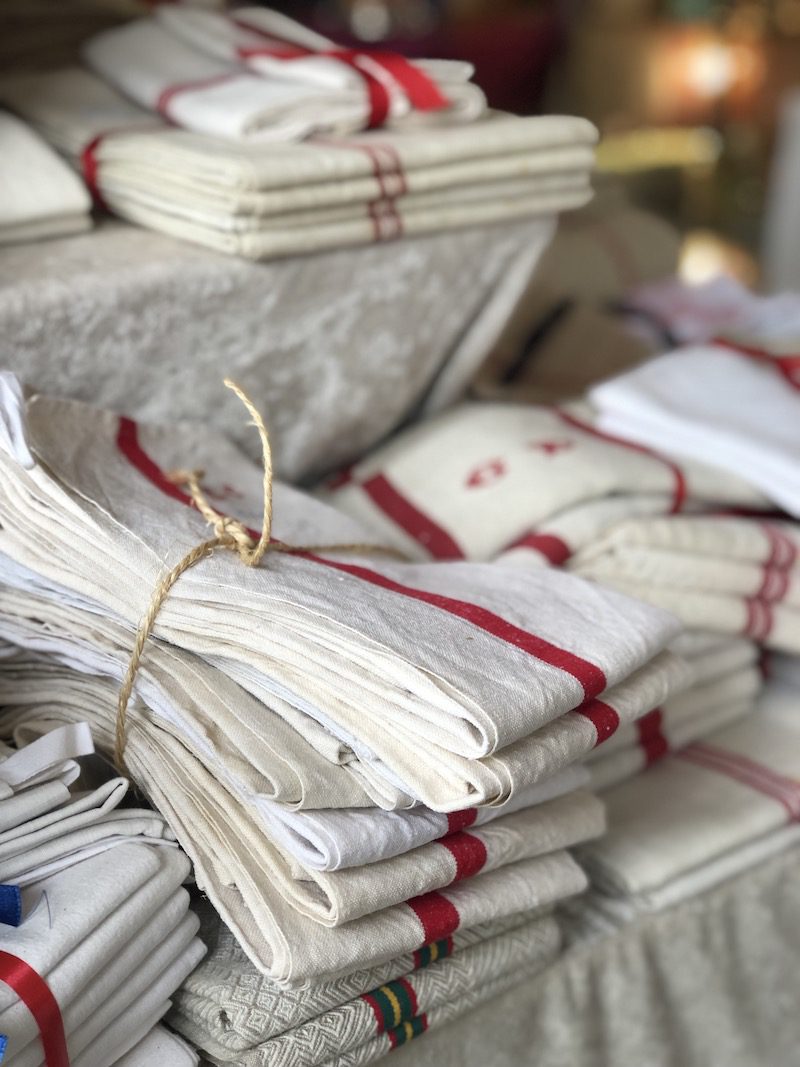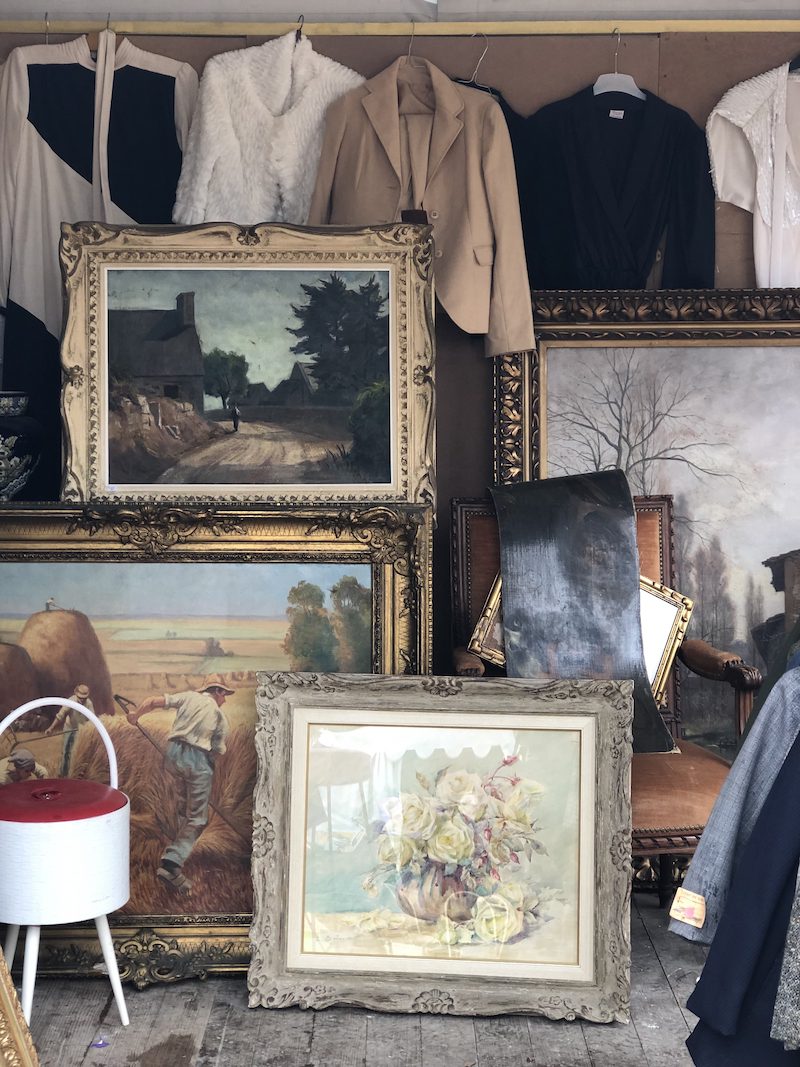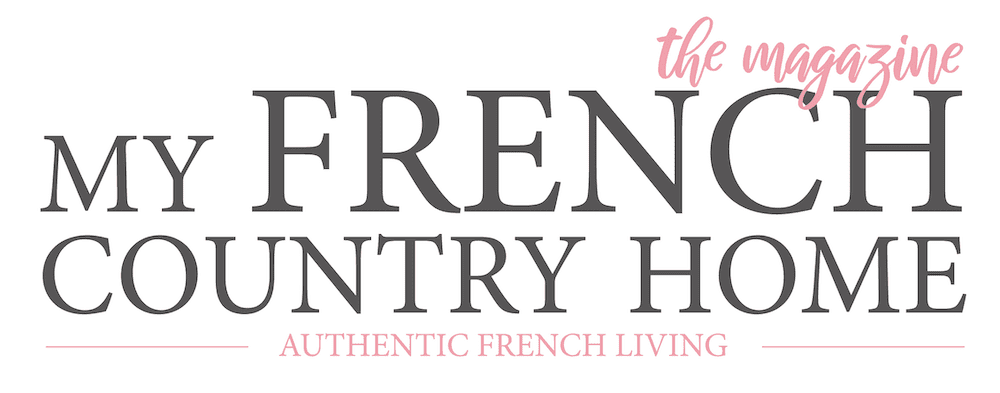Whether you’re an antiquing expert or an amateur, on a specific mission or just browsing for fun, French flea markets and brocante fairs are exciting and rewarding places to be.
Everyone has their own technique for these treasure hunts. Some visitors are seasoned professionals sourcing for high-profile clients. Some come with a fixed budget and survey the entire landscape before making a purchase, others are impulse buyers who value the thrill of spontaneity. Some come looking for a particular piece to add to an established collection, others for the simple pleasure of seeing beautiful and unique vintage displays.
Whichever kind of visitor you are, we’ve rounded up some insider tricks of the trade to help you navigate any fair with ease. Read on for our best antiquing tips!
SUBSCRIBE TO THE MAGAZINE
1. Get your bearings
When you enter an antique market, particularly a big one, you may be offered a little map – take it! Scope out the layout and the stalls that you want to hit so you can plan the most efficient path. If you see something along the way that you want a second look at – or know you want, but it’s too big to carry – mark the spot on the map. Also, don’t be afraid to snap pictures; there’s a lot to see and remember!
2. Come with an empty (wheeled) bag
With textiles, tableware, artwork, clothing, jewelry, other vintage knick-knacks galore and more on offer, it’s likely you’ll happen something you’ll want to leave with even if you didn’t plan on it. Be prepared and bring something to carry your finds in so you don’t get stuck juggling.

3. ‘Save’ items respectfully
An unwritten rule is that a hesitant buyer keeps their hand resting on the article in question while they decide. Only when they lift their hand does fair game ensue, and then anyone can step in and snap up the treasure.
4. Speak with the vendors
Vendors are an invaluable source of knowledge and are likely able to provide the history and answer questions about a piece. Where did it come from? Does it have a story attached? Do you have any tips for restoration or conservation? Ask away – it’s interesting and most are passionate and love to offer up any information they have.
5. Don’t be afraid to haggle
Vendors often have a little wiggle room on the price of an item – you just have to coax it out! Be sure to make pleasant conversation first (see previous tip), and be smart but not aggressive. Some are firm on their pricing, but it never hurts to ask.

6. When in doubt, ask an expert
Some fairs offer resident antiquing specialists, and if you’re hesitating about a certain piece, they’re wonderful objective, experienced consultants that are happy to give their professional opinion and tips. They can most often be found at the reception at the entrance.
Want an insider guide to help you navigate flea markets?
Find out about our MFCH Tours!
7. Take time to refuel
Need a break from all the antiquing? There will usually be a few food stalls, or in the least an area where people are gathering to eat. Here, you’ll even see vendors sitting together, enjoying lunch or a glass of wine. Take the time to stop for a coffee, drink or bite while people-watching. The blend of relaxing and bustling atmospheres side-by-side is all part of the fun.
8. Be smart about logistics
If you purchase a large item, like a piece of furniture, chances are you’ll need help getting it home. As with resident antiquing specialists, some fairs offer shippers who collect your find(s) directly from the fair and safely transport (or arrange transport) to you. You’ll need to contact one with details of what you bought and where it needs to go, and he or she will provide a quote. It won’t be cheap, but you can trust your new treasure will be handled with expert care, and it’s better to be safe than sorry. Most are very good, but make sure to vet their reviews.

9. Preparation stations
Many of France’s larger brocantes or braderies, like the Braderie de Lille (Europe’s largest vintage fair), attract bargain hunters in their thousands. If you’re in for a whole weekend of shopping, then it is best to book accommodation in advance if you’re coming from outside the town or the country. The same goes for train tickets or car rental and parking – plan out your route carefully so there are no nasty surprises that might affect your arrival!
10. Happy feet, happy shopping
Perhaps it goes without saying, but comfortable footwear is crucial. Nothing ruins an antique mission like new or unsuitable shoes!
We hope these antiquing tips help you with your next vintage adventure – bonne chance !

